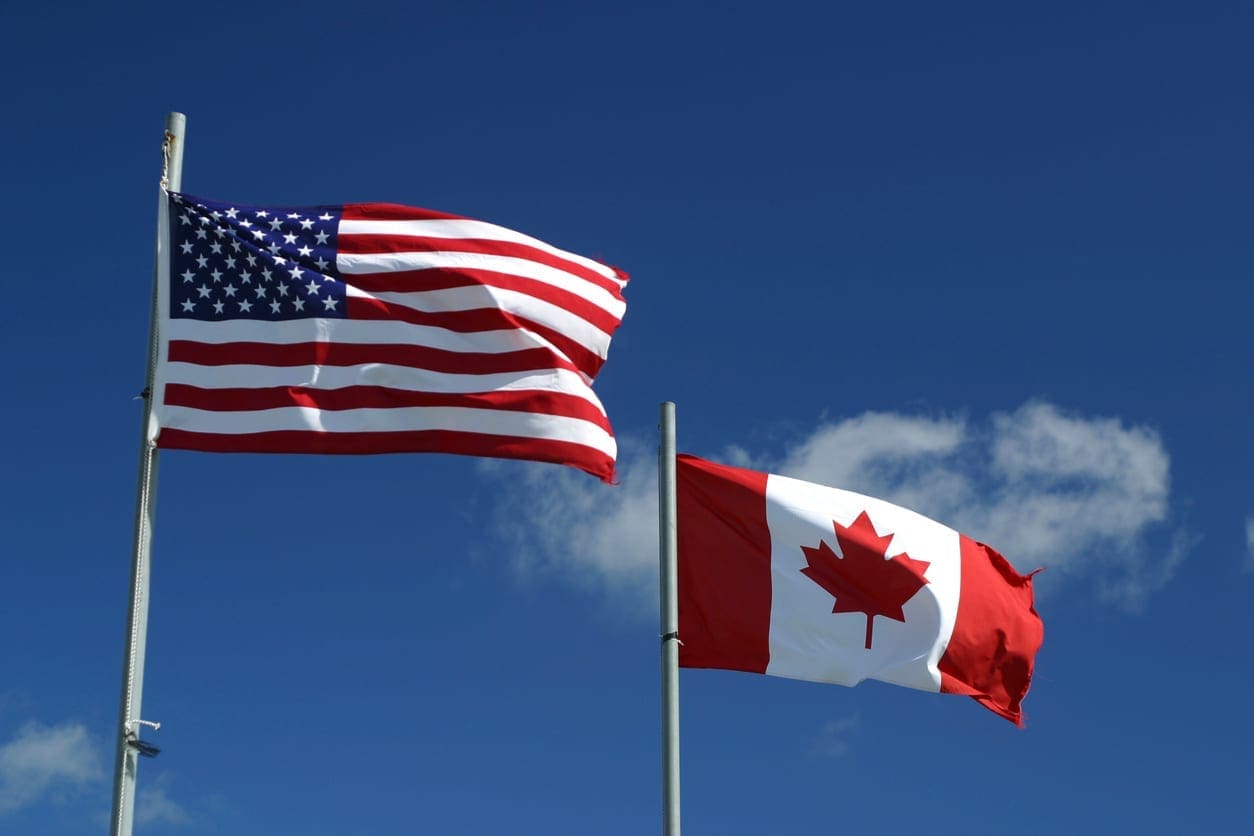Data privacy is one of the most critical elements that most organizations grapple with across the world. Fraudsters, cybercriminals, and other criminal elements are the worst nightmares in data protection.
In this case, the need to protect data is paramount in safeguarding private information from unscrupulous individuals.
Though most countries have well established legal mechanisms to prosecute crimes related to violation of data privacy, laws pertaining to data privacy vary from one country to another.
Entities intending to expand either in Canada or the United States of America have to be familiar with disparities in legal provisions governing data privacy in the two countries.
In the American context, the U.S. Privacy Act of 1974 stipulates the following;
The advent of database technology used to store private data raised privacy concerns in the American government, thereby leading to the crafting of laws to regulate the use of private data.
The congress believed personal data held by the government might be misused in one way or another.
U.S. Privacy Act of 1974
The resulting outcome of this argument was the passing of the U.S. Privacy Act of 1974. The Act entailed various restrictions and rights on data held by government agencies in the United States of America.
The 1974 U.S. privacy Act entails the following aspects of regulations pertaining to data privacy;
- Right for Us citizens to copy and access any data held by government agencies
- The right of U.S. citizens to rectify errors on information submitted
- Restrictions of access to data are limited to employees sourcing for clarification to know their roles in an organization.
- Restrictions in sharing of information between nonfederal and federal entities through sharing of such information are limited in particular circumstances.
- Agencies are required to follow the principles of data minimization during data collection. This is done by collecting only the relevant information to serve the intended purpose.
The U.S. data protection law differs from Canada’s data privacy laws in a number of ways.
Canada has four private sector statutes that guide, collection, disclosure, use and how information is managed.
The private sector statutes laws include
- Federal personal information protection and electronic documents Act SC.2000
- Albert’s personal information protection act S.2003
- British Columbia’s information protection act S.B.C. 2003
- Quebec -an act representing the protection of private information in the private sector.
Federal Personal Information Protection and Electronic Documents Act SC.2000
Commonly known as PIPEDA, the private sector law guides international and inter provincial use of private information.
This law applies to personal information along with employee data held by federal regulated businesses that include airlines, internet service providers, banks and railways across Canada.
Additionally, PIPEDA applies to personal information collected by organizations during a commercial undertaking carried out in a province that doesn’t have similar laws.
Ideally, private sector statutes relating to privacy in Alberta, Quebec and British Columbia serve the same purpose as PIPEDA.
On the contrary, PIPEDA privacy statute doesn’t apply to commercial entities operating within the stipulated jurisdictions rather than federally regulated business enterprises guided by PIPEDA.
As showcased in this article, Canada and the United States of America have a distinctive mode of regulations touching on privacy laws.
In the American context, the country relies on a privacy act passed by congress in 1974, which offers various guidelines on data privacy.
The focus under American law is the protection of individual rights in conformity with state and federal laws. The American laws are regarded as sector-specific, which doesn’t adequately address the protection of data.
On the other hand, Canada has elaborate spelled out regulations touching on how private data should be handled across various sectors.
The country has robust data protection policies that are in line with the European unions’ General data protection regulation (GDPR) standards.
Conclusion
Investors find Canada’s privacy regulations more strict. Though healthy for investors, American privacy policies are regarded as lacking capacity to address the protection of private data adequately.
Various countries have different regulations governing the protection of data. The need for precise data protection laws is integral in avoiding situations where private data gets compromised.
If you’d like more tips on this, contact us!




